Skills are an integral part of the curriculum in all programs of Bennett University, with flexibilities provided by the UGC after NEP 2020. Prof. Dr. Raj Singh, Vice Chancellor, Bennett University, speaks exclusively to Rajneesh De, Group Editor, APAC Media & CXO Media, on how the university is piloting NEP-aligned academic models and pioneering outcome-based pedagogy.
What are the digital initiatives currently undertaken at Bennett University?
Apart from AI-enabled ERP and LMS, mandatory online learning to the extent of 20 has been introduced in all the courses. Our SocioEd initiative has been capturing lectures delivered by the faculty members and is helping us comprehensively profile each student as part of the mentoring process.
The student profile, so developed, helps the University undertake analysis, make decisions and policies that are in the best interests of the students. Some of them are like hostel room allocation, choosing a room partner, designing a unique learning path, skills requirement, health and well-being initiatives, etc.
How are you involving different stakeholders, like students and faculty and admins, in these digital initiatives?
Every stakeholder, including students, faculty members, administration and parents, is involved, not only in the development and design of digital initiatives but also in using it. Ours is a paperless University with all the processes automated.
Student admissions, attendance, class scheduling, continuous assessment and evaluation, result declaration and outcomes analysis are automated. The teaching, learning and assessment plans, course files and internal audit systems have also been automated.
How is Bennett University looking to launch future skills in its curriculum, including micro-credential stacks in AI, climate tech and digital finance?
Yes, with the flexibilities provided by the UGC, consequent to NEP 2020, skills are an integral part of the curriculum in all programs. National Credit Framework (NCrF), a meta framework, recommends a three-dimensional credit system wherein across all the levels of education (Level 4.5 to 8.00 in higher education), credits can be earned from academic courses, skill-based courses and experience-based courses like internships, apprenticeships and part-time work.
At Bennett, we encourage students to earn as they learn. Micro-credentials are being offered to students to earn extra certifications for skills and to pursue extra qualifications. These micro-credentials are also offered to learners outside Bennett University for other students to secure certifications.
This has led to more and more faculty members developing MOOCs that can be offered to our students as well as others who may take these courses for upskilling and reskilling.
How would you explain your agenda of Research with RoI?
At Bennett, we ask a couple of questions while undertaking any research activity. One, is the research meant to solve the problem of the industry, community and/ or society? And two, does it contribute to one or more of the SDGs of the United Nations (or the UN’s Agenda 2030)?
The first question basically means; if the research is applied, and can the solutions be monetised? This approach essentially ensures that the research needs to be extended to innovation and problem-solving, as also envisaged in the NEP 2020.
How is Bennett looking at dual-degree pathways with top 100 universities?
At Bennett, we are very aggressively pursuing the agenda of internationalisation of education. We have been able to collaborate with some of the globally top-ranked Universities, like the University of California, Berkeley, the University of Cambridge, University College London and Babson.
These colleges initially offer opportunities to our students to undergo internships, semester abroad and eventually twinning, dual degrees and joint degree programs. There are many collaborations with universities ranked in the top 500 as per UGC regulations, with whom we have already launched such degrees starting in 2025 and 2026.
How are you looking at global collaboration both in terms of international student intakes and sending students overseas?
For us, collaborations mean student and faculty movements both outwards and inwards. Students from partner universities have been coming to Bennett for internships, immersion programs and to study for a semester. We are also pursuing collaborations wherein the students will partly study in their own country and complete their degrees from Bennett University.
What are the initiatives undertaken to have a better collaboration with the industry in terms of internships and placements?
We have appointed a separate Head of Industry collaborations for the University who looks after the academic issues involved in the collaborations. It involves curriculum development, setting up required laboratories and delivering the specialisation stream or a part of the program, and then internships leading to placements.
The Career Services department closely works with the Head of Industry Collaborations to see that the students secure the best internships and placements. They are ably supported by the Bennett Finishing School, which, along with the faculty mentors, actively mentors the students for personal and professional success.
The Bennett Finishing School has implemented a unique initiative called RISE (Resilient Innovations through Synergistic Education), wherein compulsory as well as customised skills are offered to students based on their profile, aptitude and interest in the first year at the University across all programs.
In terms of digital campuses and classrooms, what sort of infrastructure upgrades are happening at Bennett University?
Lecture-capture facilities, state-of-the-art recording studios and editing facilities, Access to Coursera online courses with course-builder, smart classrooms, AI-enabled academic and administrative functions, online content development and delivery and the plan to launch Bennett Online in 2026. Needless to say that these facilities are being continuously upgraded in terms of hardware and software.
How is Bennett University looking at data-driven governance to fit student success and resource optimisation?
Analytics are used at every stage of operations, whether academic or administrative. Admissions-related decisions, fee management, students’ pre-arrival survey to profile them, Processing of psychometric test scores, implementation of academic plans, classroom and lab utilisation across schools, academic performance in terms of student evaluation and outcomes attainment and analysis have been implemented using ERP, SocioED platform and many other need-based apps developed in-house.
How is Bennett University piloting NEP-aligned academic models and pioneering outcome-based pedagogy?
Bennett University has made significant strides towards the implementation of NEP 2020. A unique Transdisciplinary Research and Entrepreneurship Project (TREP) for all students, irrespective of the discipline, has been implemented. In this group project (group consisting of 10-12 students from diverse disciplines), students work on a real-life issue/ problem faced by the industry, community or society and find a solution to the same. As they devise and implement the solutions, they publish, they innovate and file IPR, design prototypes and working models and monetise these solutions and thus create an ecosystem of entrepreneurship/solopreneurship.
This single initiative is helping the University implement multiple recommendations of NEP 2020, like multi and interdisciplinary education, outcome-based education wherein students work towards attainment of higher order learning outcomes, initiating students into research, extending research to innovation and problem-solving, among others.
The initiative also integrates the One District One Product (ODOP) scheme of the state of Uttar Pradesh and aligns the solutions to one or more of the SDGs of the United Nations (UN’s Agenda 2030), thus making education at BU aligned to local, national, regional and global missions and priorities.
In addition, the initiative ensures a continuous supply of innovative ideas, which are further nurtured at Bennett Hatchery (funded by the Government of Uttar Pradesh) to promote startups.


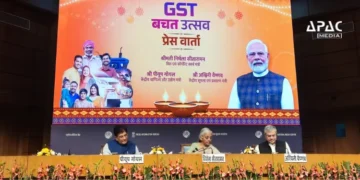

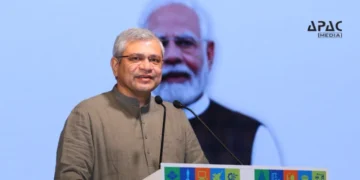




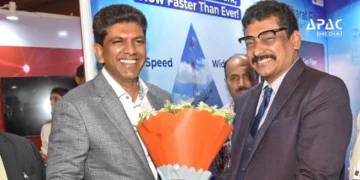


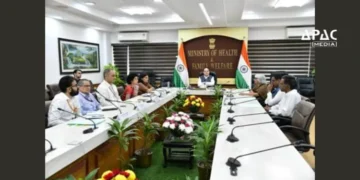


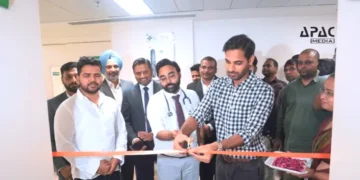



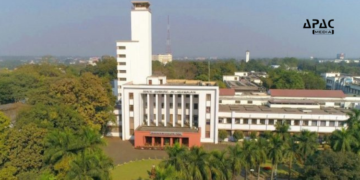
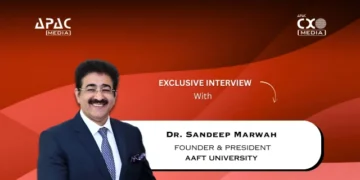

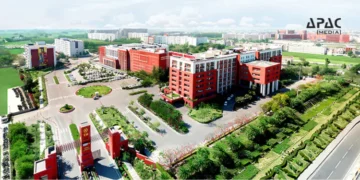
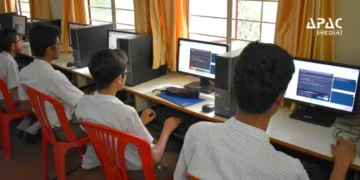
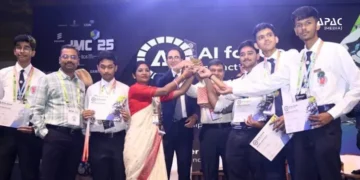
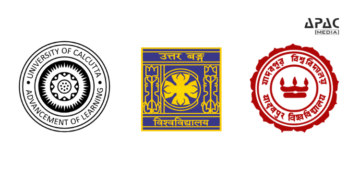
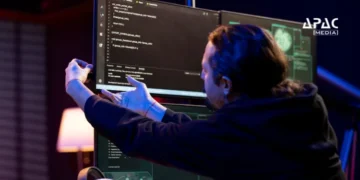
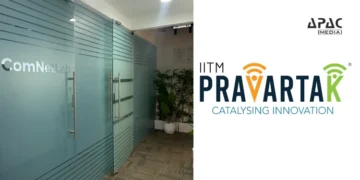
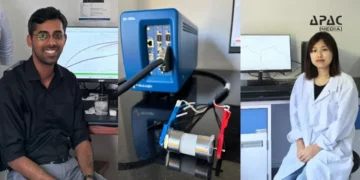
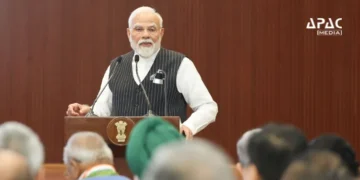

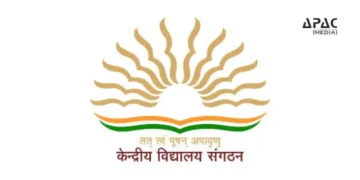

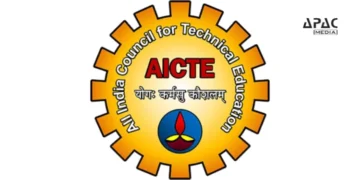



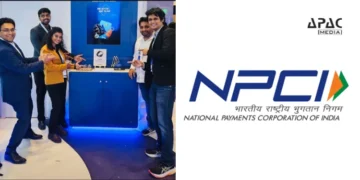




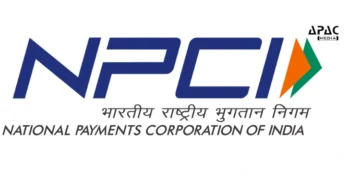

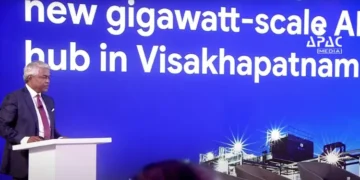
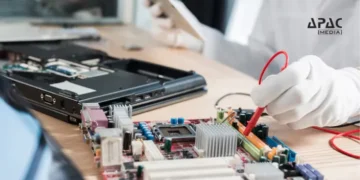



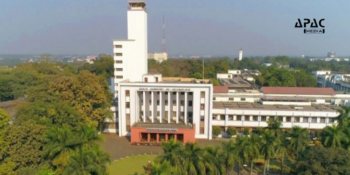



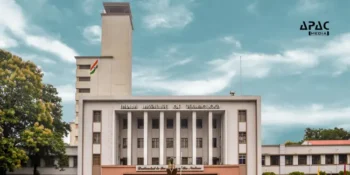








Discussion about this post